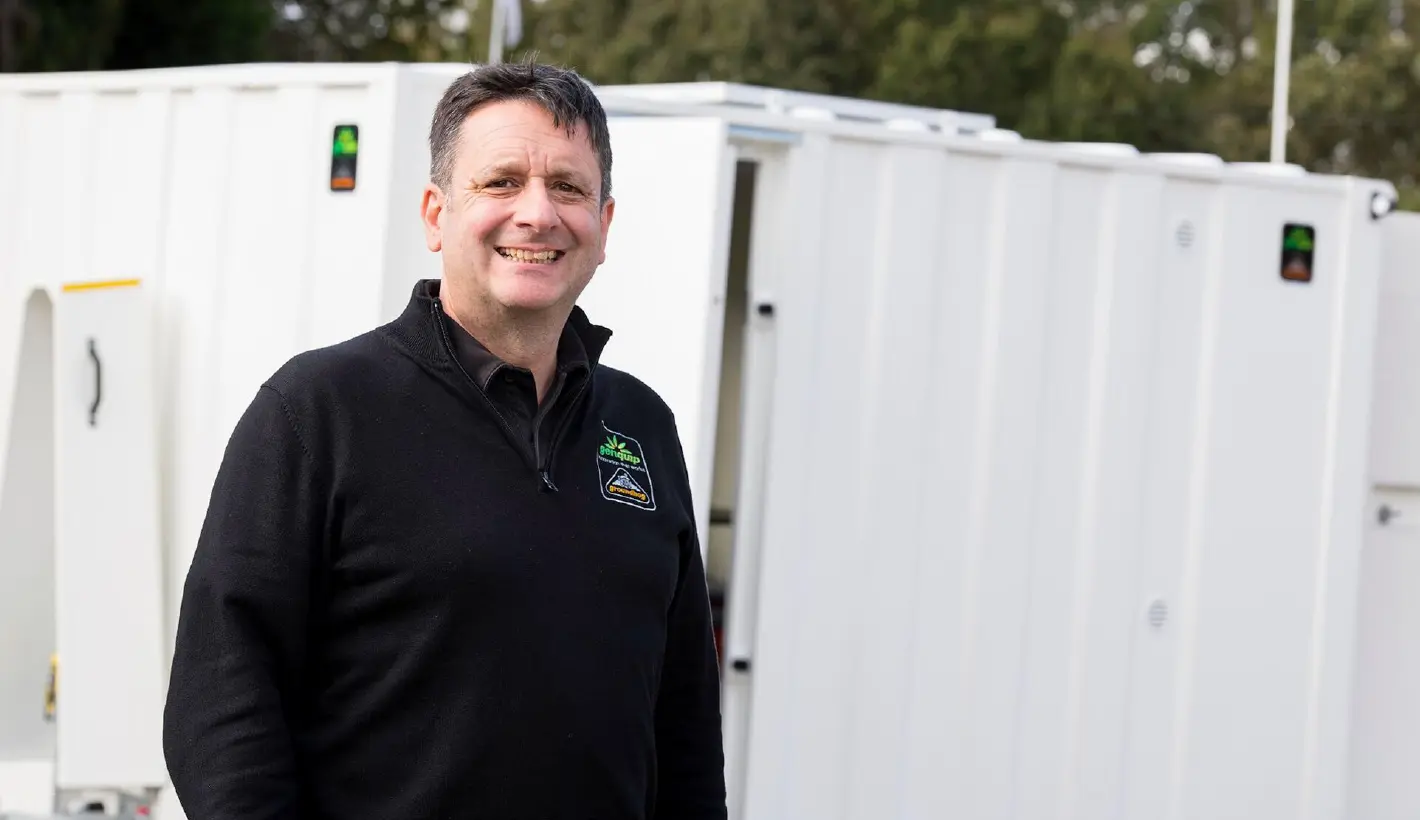

Reproduced from the latest installment of his blog, Alan speaks with Peter Beach, Managing Director of Groundhog, a company "which is making strenuous efforts towards understanding and reducing its environmental impact by producing an indicative initial carbon footprint for its products, and helping customers meet their sustainability obligations."
ONE THING that would really help our industry is a big dose of reality in some quarters regarding claims being made about the sustainable characteristics of products.
Look at social media and manufacturers' corporate literature and you’ll often see claims that are simply unsubstantiated, such as saying that a product is ‘net zero’. But unless it’s backed up by reliable data, it’s meaningless.
If a machine runs purely off a battery 100% of the time, you might think it’s ‘net zero’. But how much carbon is embodied in the materials mined, transported and used in manufacturing the battery, the solar panels and the like?
Many of our welfare units obviously incorporate toilets. If you send a service van to empty and maintain them, what is its carbon footprint and how many miles has it travelled? Even if it’s an electric vehicle, there must be an element of carbon somewhere in the supply chain. It’s not ‘net zero’.
Working in collaboration with the Grantham Centre for Sustainable Futures at the University of Sheffield, Groundhog is developing a comprehensive set of environmental data covering our entire product range, relating to the three emissions scopes and guided by the international standard ISO14067.
This has involved obtaining data from our own operations relating to direct emissions from fuel used in manufacturing processes, in purchasing electricity and other emissions from our entire supply chain, including information from outside suppliers.
We’ve effectively considered the carbon footprint of every single component and process we use, from manufacture to delivery.
Data about energy usage and carbon reductions can be monitored by our Hogwatch telematics system and we have an online calculator on our website to help customers choose the most sustainable options.
But you can’t say a product in itself is ‘net zero’ because every site application and individual hire will be different depending on location, season and so on.
And ultimately the end user is the obstacle: they might leave doors and windows open with heaters turned on full blast in winter - and there’s nothing sustainable about that.
When I was at school doing maths, the teacher would ask us to show our workings in calculating the answer to prove we understood the processes, and that’s what we need here. If you’re making a claim about a product’s carbon credentials, then back it up with reliable data.
We simply say that products like our iRange welfare cabins can help users achieve realistic carbon reduction goals. We can monitor the performance and if a unit is on site for 52 weeks in the year, the performance will be different in winter and summer.
For example, we know that our i500 unit will typically run diesel-free from March to October and in winter the diesel battery charger will kick in every ten days or so. We can calculate and monitor the carbon footprint accordingly. But nothing is really ‘net zero’ on its own.
So if you’re making claims about a product’s sustainability, provide the data. Or as my teacher put it, show your workings!